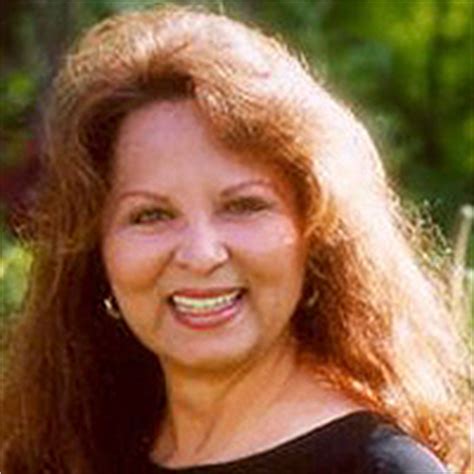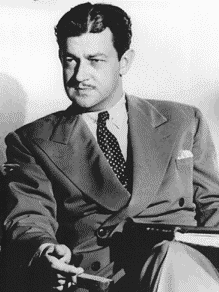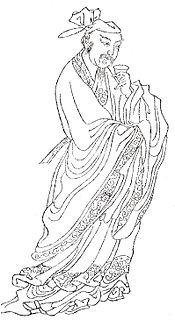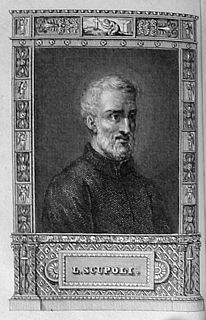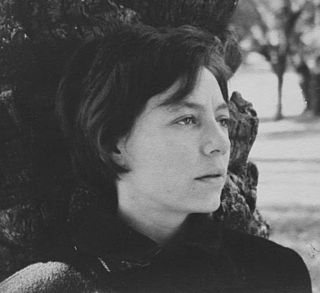A Quote by Genghis Khan
Despite all expectations, the time of my last campaign and of my passing is near. I wish to die at home. Let not my end disarm you, and on no account weep for me, lest the enemy be warned of my death.
Related Quotes
Of this I am certain, that no one has ever died who was not destined to die some time. Now the end of life puts the longest life on a par with the shortest... And of what consequence is it what kind of death puts an end to life, since he who has died once is not forced to go through the same ordeal a second time? They, then, who are destined to die, need not be careful to inquire what death they are to die, but into what place death will usher them.
It has become, in my view, a bit too trendy to regard the acceptance of death as something tantamount to intrinsic dignity. Of course I agree with the preacher of Ecclesiastes that there is a time to love and a time to die - and when my skein runs out I hope to face the end calmly and in my own way. For most situations, however, I prefer the more martial view that death is the ultimate enemy - and I find nothing reproachable in those who rage mightily against the dying of the light.
If I wish to wrest an advantage from the enemy, I must not fix my mind on that alone, but allow for the possibility of the enemy also doing some harm to me... If I wish to extricate myself from a dangerous position, I must consider not only the enemy's ability to injure me, but also my own ability to gain an advantage over the enemy.
Watch yourself with all diligence, lest the enemy steals near and robs you, depriving you of this great treasure, which is inner peace and stillness of soul. The enemy strives to destroy the peace of the soul, because he knows that when the soul is in turmoil it is more easily led to evil. But you must guard your peace.
But, who is Death? A figure that harrows and wastes wherever and however it pleases. This is also a possible description of the Countess Bathory. Never did anyone wish so hard not to grow old; I mean, to die. That is why, perhaps, she acted and played the role of Death. Because, how can Death possibly die?
Love is the very essence of life. It is the pot of gold at the end of the rainbow. Yet it is more than the end of the rainbow. Love is the security for which children weep, the yearning of youth, the adhesive that binds marriage, and the lubricant that prevents devastating friction in the home; it is the peace of old age, the sunlight of hope shinning through death.
CALLOUS, adj. Gifted with great fortitude to bear the evils afflicting another. When Zeno was told that one of his enemies was no more he was observed to be deeply moved. "What!" said one of his disciples, "you weep at the death of an enemy?" "Ah, 'tis true," replied the great Stoic; "but you should see me smile at the death of a friend.".
Remembering the facts of death and Heaven gives us an even more pressing reason to learn to pray: We do not have an infinite amount of time. We are one day nearer Home today than we ever were before. I guarantee you that after you die you will not say 'I spent too much time praying; I wish I had watched more TV instead.'



